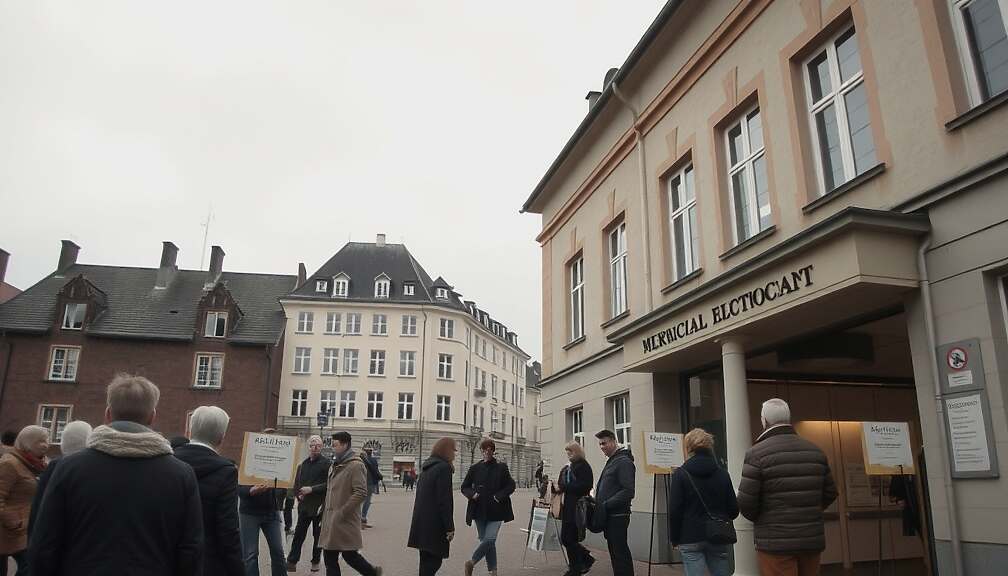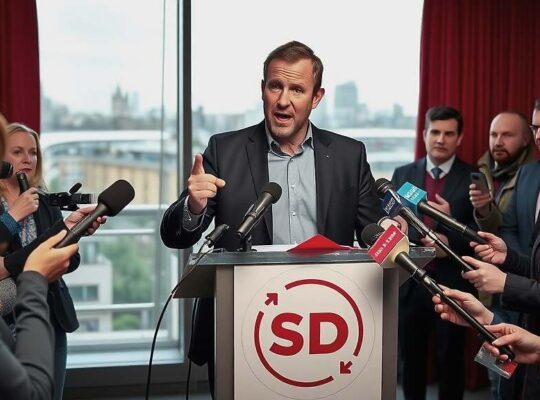The recent local elections in North Rhine-Westphalia (NRW), Germany’s most populous state, have yielded a complex landscape of results, setting the stage for several key run-off elections and signaling shifts in the political alignment of the region. While no single party achieved a clear majority in many municipalities, the outcomes are being closely watched as an early indicator of public sentiment following the recent change in national government.
In Duisburg, the fifth-largest city in Germany, incumbent Mayor Sören Link (SPD) secured a significant lead with approximately 46 percent of the vote. However, he will face a second-round election against AfD candidate Carsten Groß, who garnered 20 percent in the initial ballot. Similar run-off scenarios are expected in Gelsenkirchen, where Andrea Henze (SPD) and Norbert Emmerich (AfD) advanced with 37 and 30 percent respectively.
In Cologne, NRW’s largest city, a contest between Berivan Aymaz (Greens) and Torsten Burmester (SPD) is anticipated, following the absence of the independent candidate Henriette Reker. Other candidates, including those from the CDU and AfD, will also be represented. Düsseldorf’s incumbent Mayor Stephan Keller (CDU) maintains a strong position but will proceed to a second round against Clara Gerlach (Greens).
State-wide, projections from Infratest Dimap for WDR suggest the CDU has largely retained its previous electoral strength, estimated at approximately 34.6 percent. The SPD is projected to experience a decline of roughly two to three percentage points, reaching 21.9 percent. The Greens are anticipated to lose 7 to 8 percentage points, ultimately securing around 12.4 percent. The FDP is expected to see a reduction of 2 to 3 percentage points, placing them at 3.2 percent.
Notably, the AfD has more than tripled its support, achieving a projected 16.0 percent of the vote. The Left Party is showing a slight improvement compared to the previous election, reaching 5.1 percent, which is considered a historically positive result for the party in NRW.
A total of 13.7 million eligible voters participated in the local elections, widely seen as a crucial test of public opinion just over four months after the change in national leadership. The upcoming run-off elections will be pivotal in determining the final composition of local administrations and providing further insight into the evolving political dynamics of North Rhine-Westphalia.












